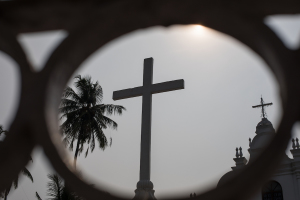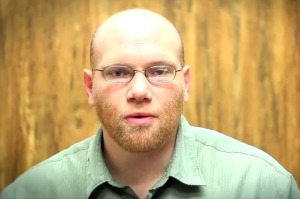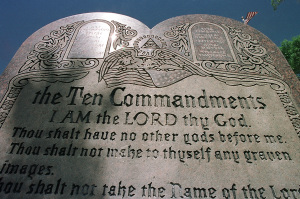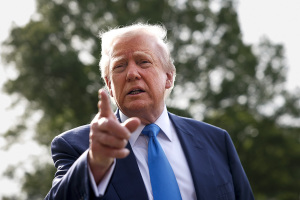Americans' Religiosity Not Impacted by Recession
Church attendance in the United States has hardly shifted since the economy went south, recent surveys show.
In the latest Gallup Poll findings, there have been no significant changes in the percentages of Americans who report attending church weekly or who say religion is important in their daily lives.
"It is not an unreasonable conjecture that the current recession would cause Americans to increasingly turn to religion as a surcease from their economic or personal sorrow. But that does not appear to be the case," according to the Gallup report, released Monday.
In March 2009, 42 percent of Americans said they attend church, synagogue, or mosque weekly or almost every week, a drop from 46 percent last December and hardly a jump from 41 percent in March 2008.
The Pew Forum on Religion and Public Life had similar findings.
A Pew Forum analysis of polls by the Pew Research Center for the People and the Press showed earlier this month that there has been no increase in weekly worship service attendance despite the drop in the Dow Jones Industrial Average.
According to Pew data, in January only 39 percent reported attending worship service at least weekly. In January 2007, when the Dow was nearly twice as high as it is now, the percentage of weekly attendants was exactly the same at 39 percent.
Although the recession has not evidently impacted church attendance, the Gallup organization was not quick to conclude that the slow economy did not affect the religiosity of Americans.
Americans could be praying more often or those who are already religious may be more intense in their religious commitment now, the Gallup report pointed out.
Results from the Gallup Poll are based on telephone interviews with 428,516 national adults, conducted January 2008 through March 15, 2009 as part of Gallup Poll Daily tracking.




























